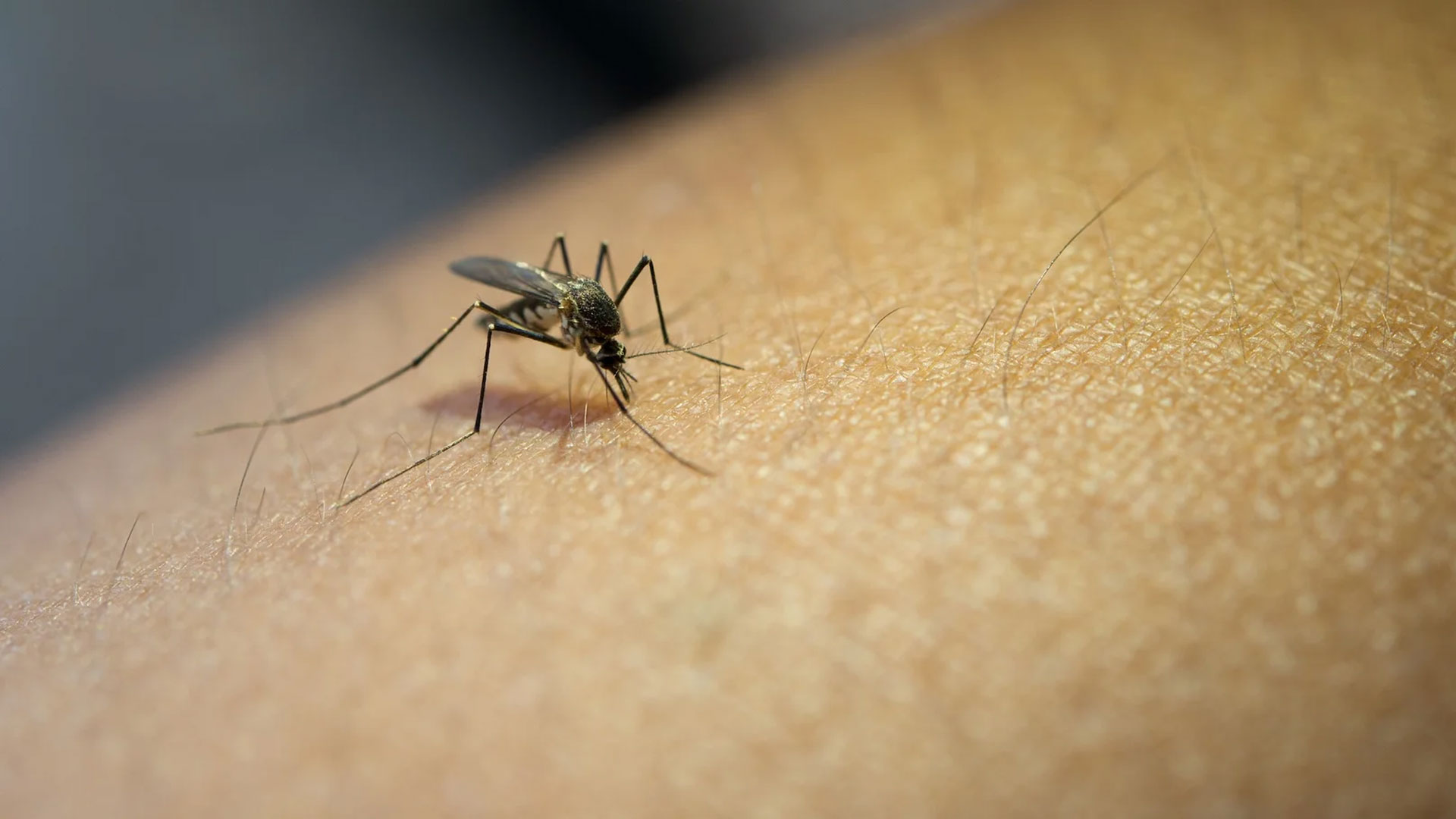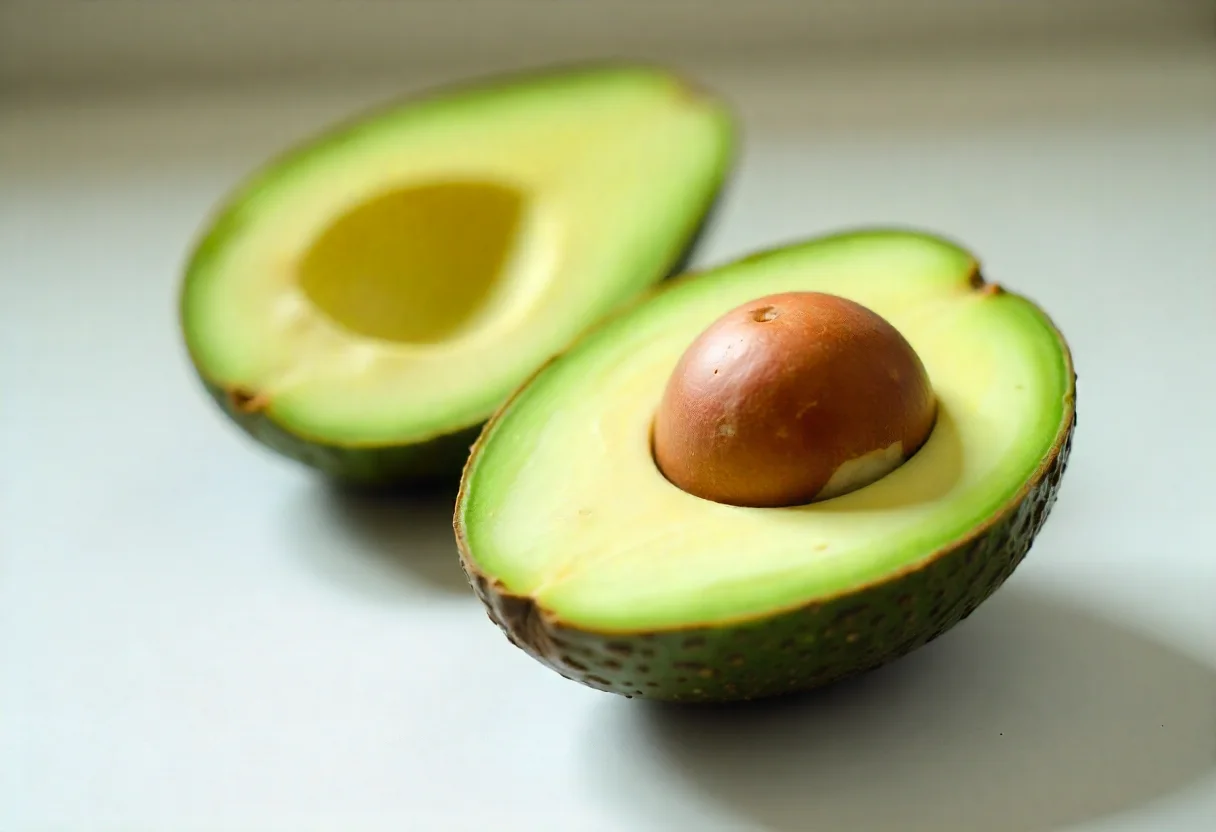"The plant-based proteins derived from tea waste represent a significant step towards a sustainable future, offering new opportunities in both scientific and industrial fields."

FROM TEA WASTE TO PLANT-BASED PROTEIN PRODUCTION: A NEW STEP FORWARD
Global tea production:
China - 3,090,000 Tons
India - 1,340,490 Tons
Kenya - 530,000 Tons
Sri Lanka - 251,499 Tons
Turkey - 246,000 Tons
The numbers speak for themselves. Turkey ranks among the top 5 in global tea production. Regarding tea consumption per capita, Turkey is number one in the world. While the per capita consumption in Turkey is around 3.5-4 kg annually, the closest country, Iran, consumes 2.2-2.5 kg per capita.
Here's another statistical piece of data: Turkey has around 200 tea processing factories. The amount of waste generated during tea processing, including fresh processing, processing, and sorting, can reach very high levels. Turkey’s annual fresh tea production is approximately 1,200,000 tons. Around 280,000 tons of dry tea are produced from this fresh tea harvest. Due to these processes, as well as the pruning of tea plants and the creation of new sprouts for the next season, there is more "tea waste" generated than the collected tea itself. I am talking about millions of tons of untapped, unused natural tea plant resources.
The largest and most significant example I know of is DöhlerGroup, one of Turkey's most powerful companies, which produces "tea extract" at their Karaman facility through a wonderful project and organization, specifically from the tea waste I mentioned earlier.
Tea holds a special place in all of our lives. To move towards high added value in tea, we need to think about things that have not been thought of before. That's exactly what we did at Localvore Biotechnology. We took a very special sample of green tea, brewed it, enjoyed its amazing flavor, and then extracted "tea plant proteins" from the leftover tea grounds. Green tea is an incredible source of plant-based protein. With the right technologies and precise extraction techniques, it is becoming one of the future's functional plant protein sources. I call it "functional" because it is not just like pea protein or sunflower seed protein. It will have a very special place in our lives in the future, just like the plant proteins found in olive leaves. We’ve already taken this work a few steps further.
There is still a need for much more "scientific and industrial" research on proteins derived from green tea leaves or brewed tea waste. In this regard, we are always open to young people who want to conduct research, write theses, or develop projects. We are ready to teach, share our insights, suggest areas for research, and even help set up experimental designs. All that is needed is the sincere will and energy to make something happen in this field.
I dream of a "tea protein production facility" in the magnificent nature of the Black Sea, built by curious and productive people. I remember hearing a saying in the past: "Dreams are the maps of the mind." Without those maps, you cannot reach anywhere.















